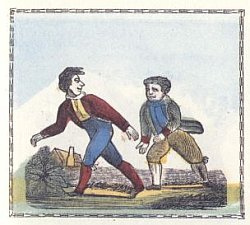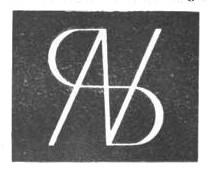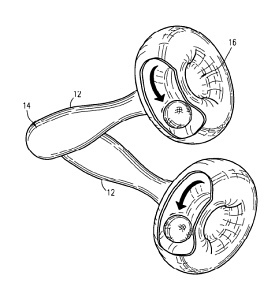Something queer happened to Seattle in 1954: Citizens began noticing pits in their windshields. These were attributed first to vandals with BB guns, then to the eggs of sand fleas, and then variously to cosmic rays, a change in the planet’s magnetic field, and a new Navy radio transmitter.
As the rumors mounted, University of Washington glass expert Harley Bovee heard even stranger reports: “glass breaking on store counter while customer reported simultaneous itching; man on nearby island who reported seeing small glow near Big Dipper; and man who reported seeing small spheres emerging from auto tailpipes.”
In the week of April 14, police received reports of 4,294 damaged windshields — but then they stopped abruptly.
The culprit, it now appears, was nothing at all. “The hard fact,” said glass expert James Ashley, “is that this seems to be wholly psychological. Certainly there are some marks being found on windshields. But there always have been. If after hearing rumors you hurry out to examine your own windshield closely, you stand a fair chance of being able to find some ‘pits.’” The epidemic is now regarded as a textbook instance of collective delusion.






